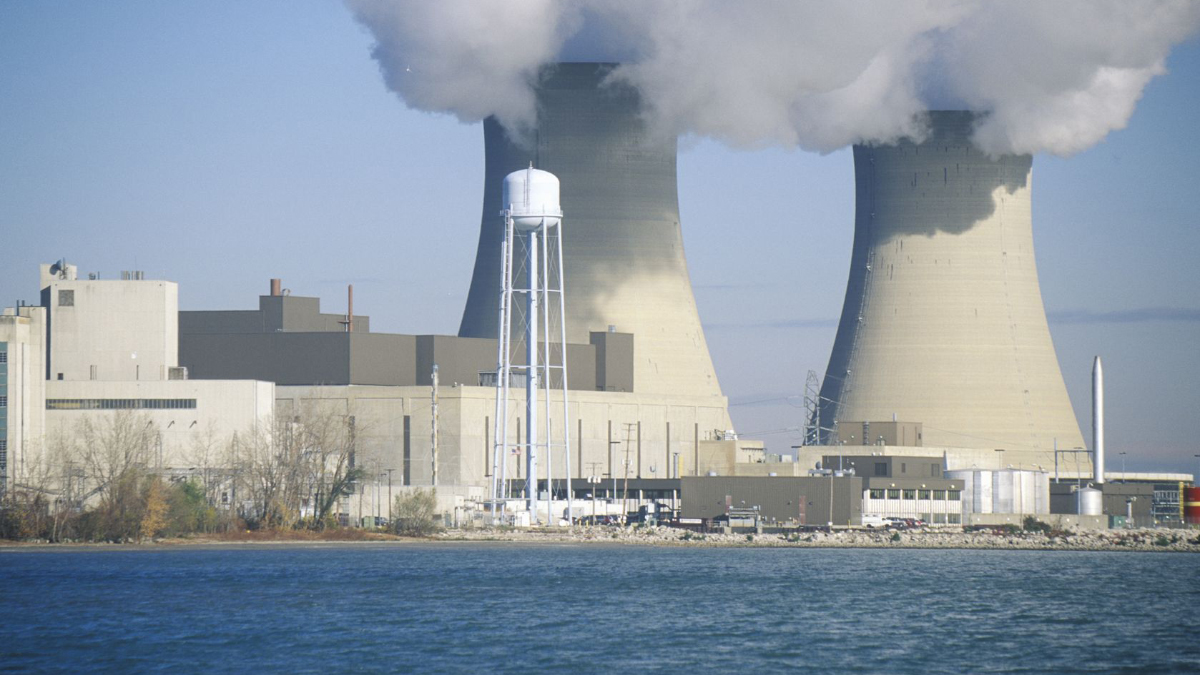For decades, Americans have spent billions of dollars to store spent fuel from the production of nuclear energy. Now stockpiled mainly at nuclear power plants around the country, the uncomfortable truth is that this is a huge waste of money.
A lot has changed since President Carter banned nuclear reprocessing in 1977, leaving electric utilities with no alternative other than to treat spent fuel, not as a valuable resource that could be used to generate more electricity, but rather as waste requiring disposal in some deep-geologic repository.
Concerned that reprocessing could lead to a proliferation of nuclear weapons, Carter urged other countries that were producing nuclear energy to abandon recycling of spent nuclear fuel. France and Great Britain did not follow the U.S. example, though; nor did Russia and Japan.
Those countries have shown that reprocessing is safe and useful, enabling producers of nuclear-generated electricity to close the fuel cycle by chemically converting spent fuel into a mixed-oxide fuel for use again in producing electricity. Reprocessing both reduces nuclear waste significantly and lowers the cost of nuclear-generated power.
The price that Americans pay for the reprocessing ban is painfully evident in the Yucca Mountain, Nev., fiasco. More than 75,000 metric tons of spent fuel is stored at U.S. nuclear power plants. Instead of being reprocessed, the spent fuel is awaiting shipment to a repository that was supposed to be completed years ago. President Obama halted construction work at Yucca Mountain; the quantity of spent fuel at nuclear plants continues to increase by 2,000 tons every year.
For the country as a whole, President Carter’s ban on reprocessing and subsequent legislation on nuclear waste management were some of the worst laws money could buy.
By calling for the disposal of spent fuel containing valuable nuclear materials—and requiring consumers to pay $32 billion into a Nuclear Trust Fund that still has nothing to show for itself—those laws sacrificed public good by raising the cost of energy for everyone, including low-income households.
France, meanwhile, is making excellent use of its reprocessing facility. By recycling spent fuel, France is able to export nuclear-generated electricity worth billions of dollars a year to other European countries.
It is somewhat ironic that a president who wanted America to be more like Europe ignored the lessons France and Germany can teach about nearly carbon-free nuclear power generation.
It is not that the Yucca Mountain project was—or is—a bad idea. Crying, “Not in my back yard!,” then-Senate Majority Leader Harry Reid, D-Nev., blocked it on President Obama’s watch.
Even if reprocessing were adopted here at home, a repository still would be needed to hold high-level spent nuclear fuel that cannot be chemically reprocessed. Also, space in the repository must be set aside for waste from our nuclear defense arsenal. As the amount of nuclear waste grows (and Reid has retired), it is hard to see how politicians can block a resumption of construction at Yucca Mountain.
Implementing reprocessing and finishing a waste repository take time, but spent nuclear fuel is a commodity too precious to waste. Let’s lift the Carter administration’s counterproductive ban on recycling nuclear waste, while prodding the Department of Energy to find an interim facility for storing spent fuel until Yucca Mountain or some other repository is brought online.











